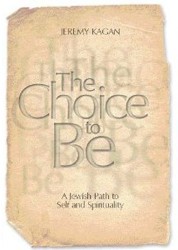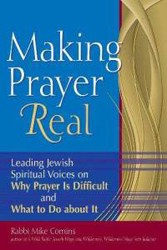In this deeply moving new book, Michael Strassfeld — a retired pulpit rabbi — is both worried and cautiously optimistic about the fate of liberal Judaism in the twenty-first century. He views Judaism as an historically evolving civilization, which reflects the influence of Mordechai Kaplan, the founder of Reconstructionism.
Strassfeld was ordained as a Reconstructionist rabbi and spent many years in the pulpit at the Society for the Advancement of Judaism, a flagship Reconstructionist synagogue. Like Kaplan, Strassfeld’s goal is to retain the core of Judaism, but open it up to the changes that unfold in different times. He wants to develop a new American minhag that is open to the values of today’s liberal society. He enumerates eleven core principles that embody this new minhag, whose hallmark is freedom. Some of them are more universalist, such as “Caring for the Planet”and “Engaging in Social Justice,” while others are more traditional: “Created in the Image of God,” “Living in a Moral Universe,” and “Turning and Returning: Teshuvah.” There are also some principles that relate more to mindfulness and meditation, such as “Living with Awareness” and “Working on Our Inner Qualities.”
In the context of this book, “disrupting” is a holy activity that questions received values and works to forge new ones. Kaplan, in founding Reconstruction, was a disrupter. The younger Strassfeld, who with colleagues wrote the Jewish Catalog books in the seventies, and brought do-it-yourself Judaism to a new generation, was also a disrupter. The havurah movement, with its emphasis on participatory Judaism, both changed Jewish practice and was ultimately assimilated into the mainstream. Now Strassfeld posits it is time to further welcome disruption. Judaism must be open, for example, to environmentalism, intermarriage, gender fluidity, and a more nuanced relationship to Israel.
True to his subtitle, Strassfeld intends this book to be a manifesto. He wants to remake Judaism from the inside, to use those core values he has identified as signposts for religious services and communities of practice. It is an ambitious goal, but one he sees as necessary if liberal Judaism is to grow.
Disrupted Judaism is a very personal book. Strassfeld is open about his own life, his family, and his career. His writing is both a testament to a long and distinguished career in professional Judaism and a call to new challenges and opportunities.
Josh Hanft holds Advanced Degrees in English and Comparative Literature from Columbia University and curated the renowned reading series, Scribblers on the Roof, for over twenty years.





